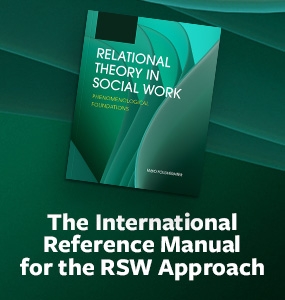A Review of Evidence on the Relationship Between Neighbourhood Stressors and Depressive Symptoms
Cho Seungjong, Branch Kayla R.
This study aims to synthesise the most recent literature about the relationship between neighbourhood stressors and depressive symptoms. An update on previous knowledge is necessary as there has been a recent peak in interest in this topic, and more research has been developed. A total of 40 empirical studies were determined to be relevant and then included in this review. Most studies included in this review worked with adults as their population, with a few using adolescents or adolescents and their parents. Also, most studies used the Center for Epidemiological Studies-Depression scale. Neighbourhood-level socioeconomic status was the most prevalent in portraying depressive symptoms. To alter the occurrence of depressive symptoms, neighbourhoods may benefit from addressing poverty, investing in violence prevention, targeting, and reducing other neighbourhood stressors, and increasing social support. Perception and cultural factors must also be addressed for specific needs in neighbourhoods.
Keywords
Depressive symptoms, neighbourhood stressors, social support, systematic review.




